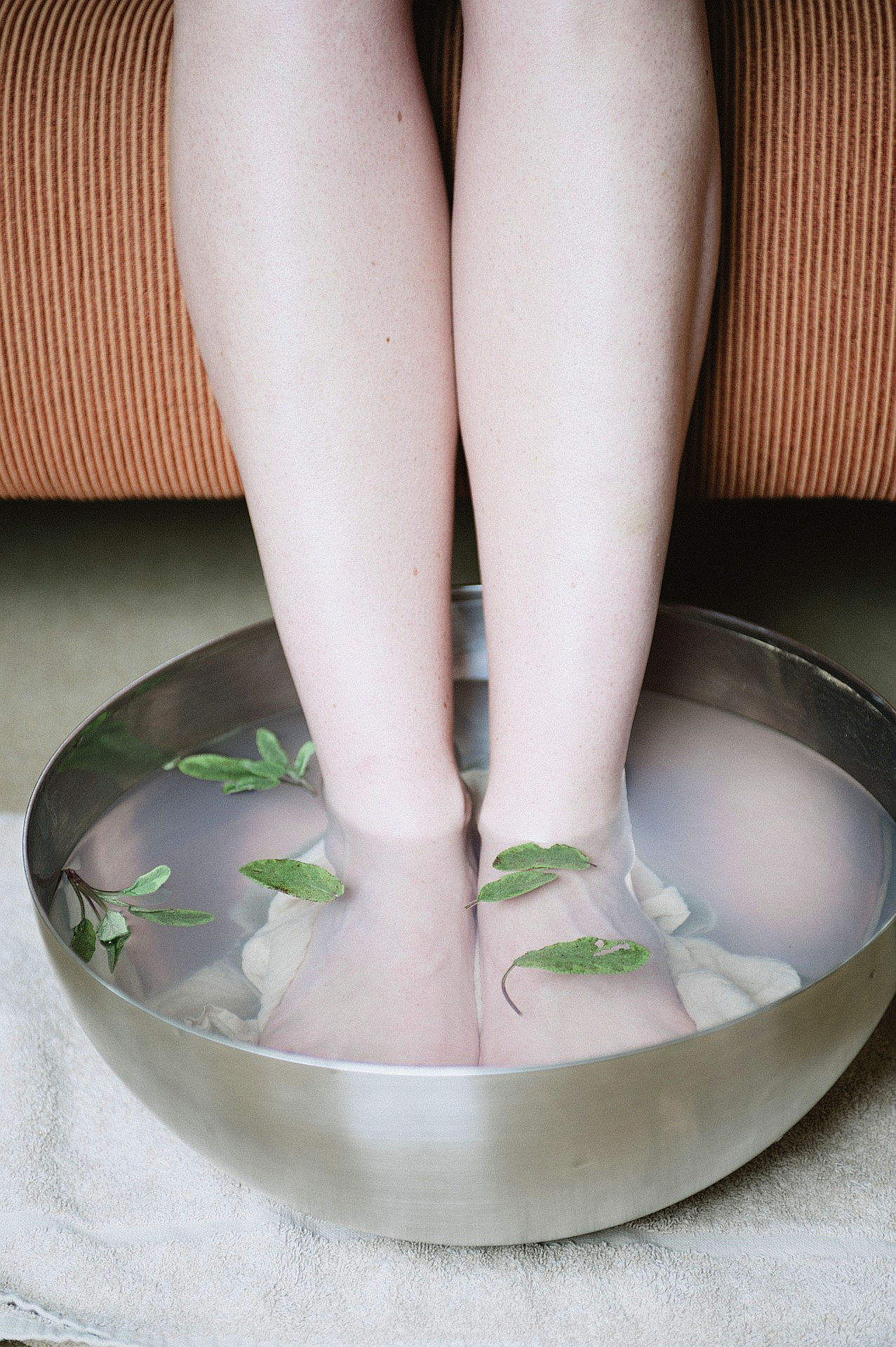sage tea to reduce sweat
Sage, as well as the often used internal form of administration as sage tea, has multiple medicinal applications and relief possibilities, which also include sweat reduction. Besides inhibiting excessive sweating, sage is also known to be used for wound healing, eczema or ulcer treatment. According to studies, sage has a beneficial effect on the brain, eyes, glands (even the sweat glands) and nerves (stress relieving). Sage can be administered not only internally through tea, capsules or dragées, but also oils, ointments and external washes, rinses and baths are used to promote healing.
garden sage - natural plant against high sweat secretion.
To develop the antiperspirant effect of sage tea should not drink a preparation too hot, because hot tea would additionally boost sweat. There are many recipes for the preparation of tea. It is recommended to add about 6 teaspoons of sage leaves to half a liter of water. Sage leaves can be purchased cheaply in any pharmacy.
For hand perspiration, it is often recommended to drink a cup of sage tea three times a day for a long period of time. Treatments with the boiled decoction of sage should take place daily immediately after showering.
sage washes for foot and underarm perspiration

Body washes using sage are also among the time-honored home remedies that can help curb sweat on treated areas of the body such as the feet or under the arms. Foot baths with sage or washes of feet or underarm areas with boiled sage decoction promote dryness of these skin areas.
Scald 2 tablespoons of dried sage leaves with 1/4 liter of water and steep for 10 minutes. Then pour through a sieve and leave to cool. After showering or bathing, wash the feet and armpits with sage decoction every day.
effectiveness of sage for excessive sweating
Whether and how effective a natural treatment with sage can contribute to the reduction of sweating is completely open and of individual nature. Response rates are not predictable or guaranteed here, but it is always worth a try, since it is neither an expensive therapy nor a form of therapy with health risks.
In many forums on hyperhidrosis as well as confirmed by many experts the effect is probably rather minor and if at all then only comprehensible in case of slight sweating tendencies. Hyperhidrotics hardly respond to a treatment with sage, yet such a "soft" therapy with natural remedies of sage can certainly be considered as a combination e.g. next to other systemic therapy measures.






